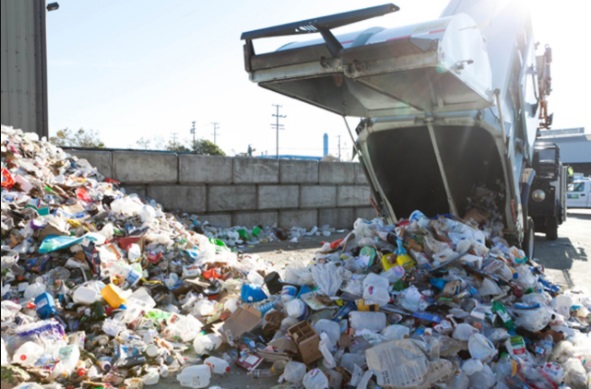Why recycling is essential – The first Earth Day was celebrated on this day in 1970 as an environmental protection teach-in, with over 20 million Americans participating in cities across the country – Recycling essential environmental protection - Arhive
Recycling essential environmental protection Recycling essential environmental protection Recycling essential environmental protection Recycling essential environmental protection Recycling essential environmental protection Recycling essential environmental protection Recycling essential environmental protection
Why recycling is essential
 The first Earth Day was celebrated on this day in 1970 as an environmental protection teach-in, with over 20 million Americans participating in cities across the country. Congress established official recognition eight months later, designating April 22 of every year as Earth Day. Over 193 countries around the world will promote environmental awareness and action today.
The first Earth Day was celebrated on this day in 1970 as an environmental protection teach-in, with over 20 million Americans participating in cities across the country. Congress established official recognition eight months later, designating April 22 of every year as Earth Day. Over 193 countries around the world will promote environmental awareness and action today.
Environmental protection is a broad subject, one that’s not without some controversy and varied opinions. However, one aspect of environmental protection on which most agree is the importance of recycling.
We believe in recycling. We also believe in the common-sense regulatory benefits of environmental protection and in the economic development and private-sector job opportunities created by recycling activities.
Recent studies show that recycling can generate three times as much revenue per ton as landfill disposal and almost six times as many jobs. That’s because recycling and remanufacturing industries create an estimated one million manufacturing jobs throughout the country and more than $100 billion in revenue. Recycling processing and downstream industries are responsible for a broad range of skilled workers in a variety of jobs from materials handling to high-quality product manufacturing.
Through the activities managed by Arkansas’ 18 solid waste management districts, recycling efforts are growing or have the opportunity to grow and create economic development impact. The Arkansas Department of Environmental Quality partners with districts such as the Regional Recycling & Waste Reduction District in Pulaski County and the nine-county Inter-District Tire Management Program to continually look for ways to turn recycling and the beneficial use of recyclable materials into private-sector jobs. That’s good for the Arkansas environment we all share, as well as individual local economies.
With regard to recycling to protect public health and the environment by promoting reduce, reuse and recycling strategies, the first thing we need to concentrate on is improving the recycling rate in our communities. The rate is figured as the relationship between what is recycled and the total waste stream. That rate ranges from zero in some communities to 36 percent in Pulaski County to upward of 45 percent in other jurisdictions, including an estimated 45.5 percent recycling rate statewide. Good, but not good enough.
The second focus is a complement to the first: reducing the contamination rate of curbside recyclable collection. That means informing and educating residential customers about what goes in their recycling carts and what should be left out. The contamination of sorted and baled materials like plastic, paper and metal directly relates to the successful and cost-effective marketing of recyclables to manufacturers.
Third, more difficult commodities to recycle like tires and electronics could be dealt with through broad-based strategies. In Arkansas, we are addressing the waste tire problem that plagues our state by participating in a new district-by-district Tire Accountability Program and eventually an extra-large tire program from possibly a statewide perspective. It’s a work in progress, but we are making progress, to be sure.
The essential elements in all recycling are residential households as well as businesses and industries. Together, participation and doing recycling right makes it work. (Check out MyDoRight.com.) Without educated, informed and actively involved consumers, recycling simply will not fulfill the environmental and economic development promise it holds for our state and nation.
Earth Day is a perfect time to realize that the combination of protecting our shared environment and the opportunity to positively impact our economic development and private-sector job creation through recycling is a natural. And Arkansas is the Natural State.
Craig Douglass is a marketing communications consultant and serves as executive director of the Regional Recycling & Waste Reduction District in Pulaski County.
Related Topics
